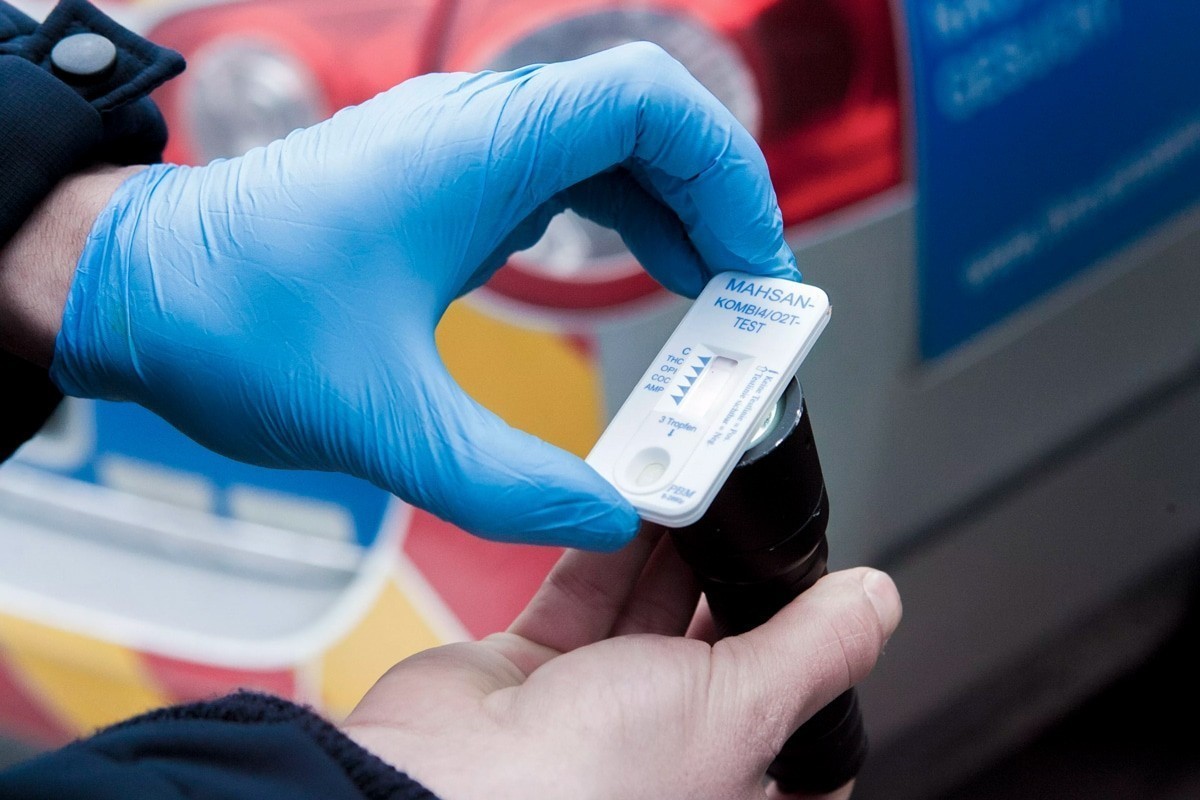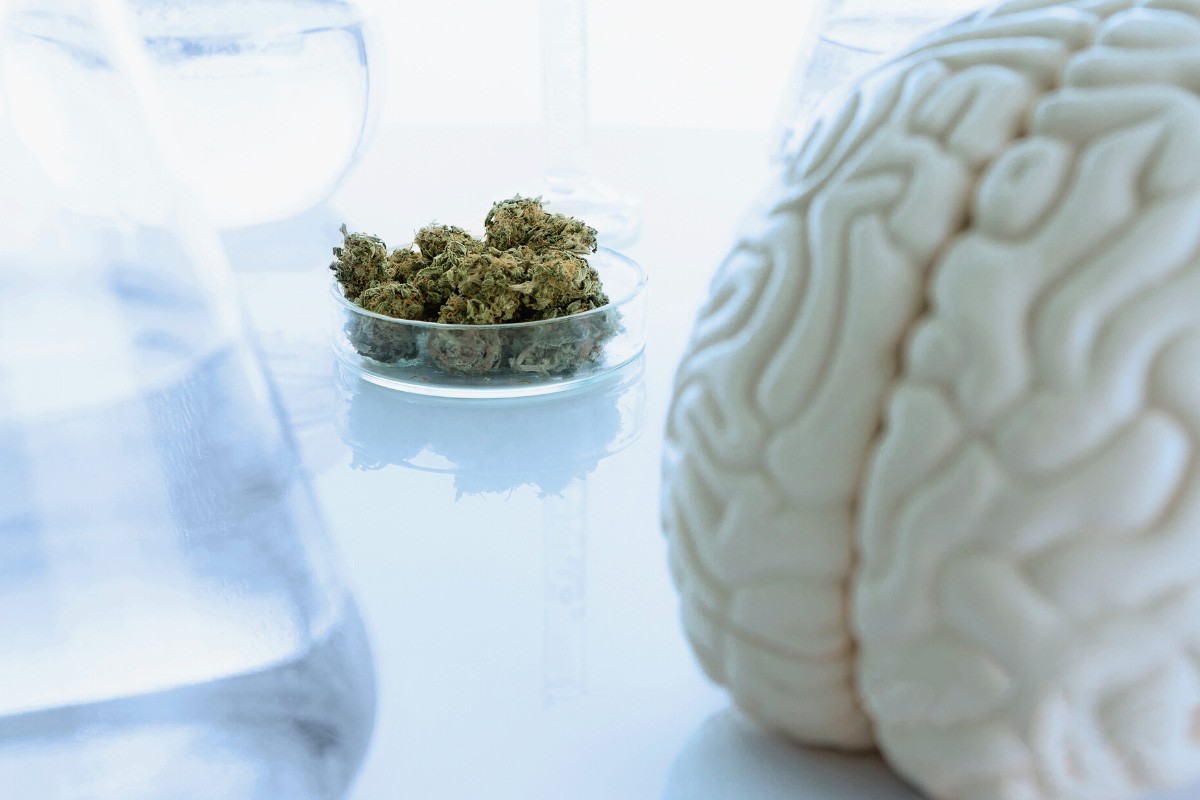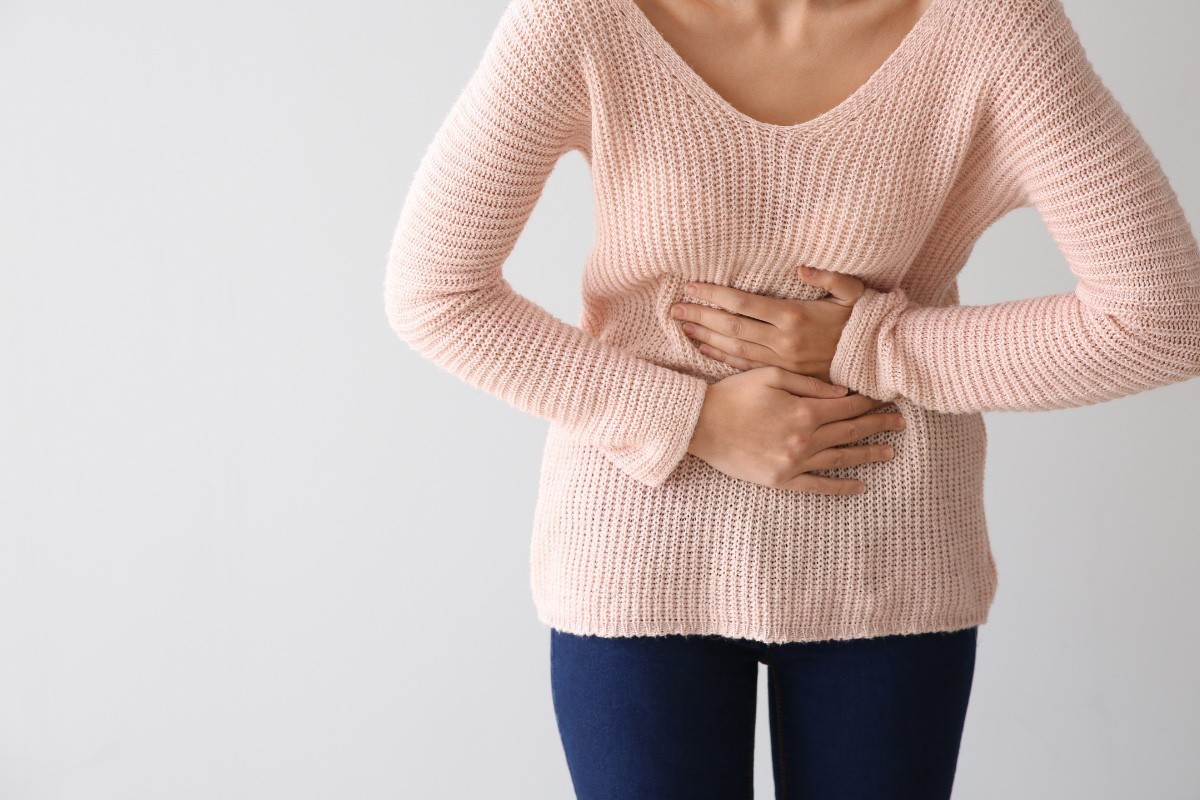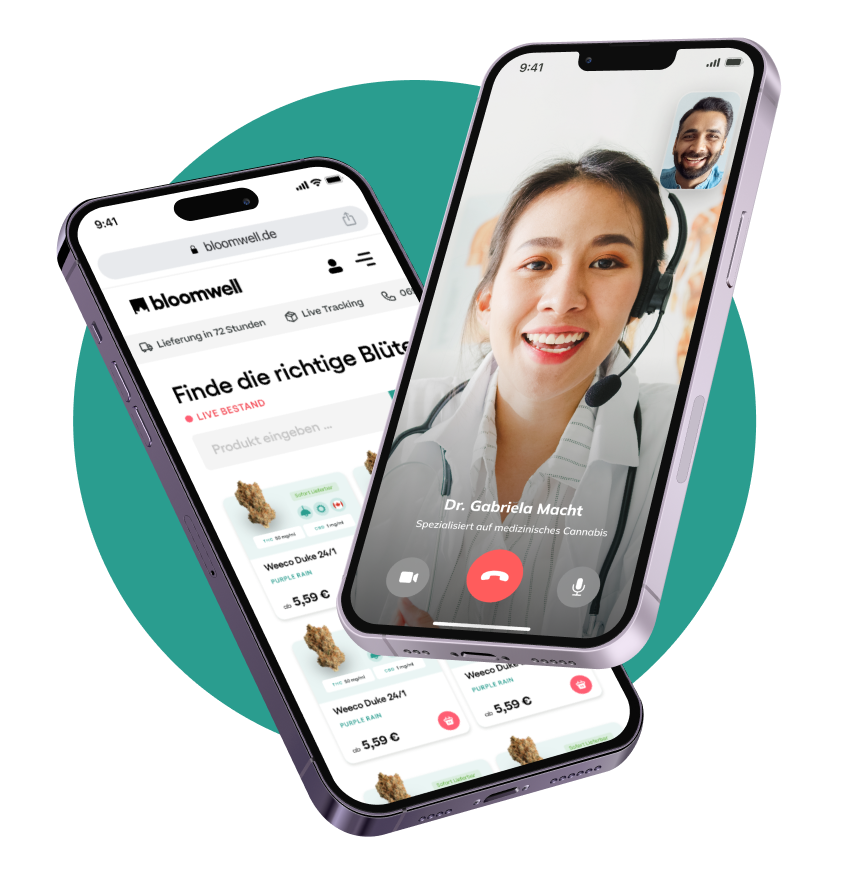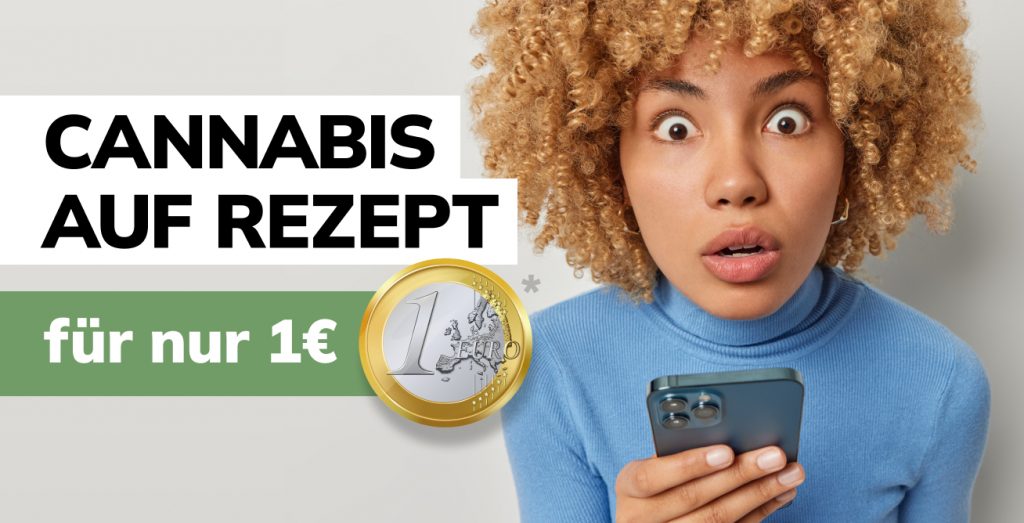Cannabidiol (CBD) is a chemical compound (cannabinoid) from the cannabis plant that is said to have many positive effects on health and well-being. THC is also one of the cannabinoids, but it has a psychoactive effect, as it produces a euphoric high / state of intoxication that can significantly impair motor and cognitive performance. For this reason, driving after cannabis consumption is strictly prohibited and is punishable by a fine, points in Flensburg and a driving ban if a certain amount of THC (1.0 ng/ml) is present in the blood. In addition, the person must pass a medical-psychological examination (MPU).
This is different with the consumption of CBD: CBD has no psychoactive – i.e. intoxicating – effect. There is also no evidence that CBD impairs certain abilities relevant to driving and therefore endangers traffic safety. Driving a car after taking CBD is therefore generally permitted. Nevertheless, the question arises for many patients whether CBD is detectable in the body, whether a drug test might indicate and what you should pay attention to when taking CBD.
The intake of CBD and drug testing
Cannabinoids, which include THC and CBD, are stored in body fat and can be detected in urine or blood even days or even weeks after ingestion. Exactly how long detection can occur depends on various factors, but most importantly on whether the test used is even suitable for detecting CBD.
Drug tests, such as those used as standard procedures by the police, are generally only carried out after an initial suspicion. In the case of drugs, such an initial suspicion can arise, for example, from failure symptoms, physical or behavioral conspicuities, which the police then investigate. However, visible physical or behavioral changes are not to be expected when taking CBD, so there is no reason for initial suspicion just because of CBD use.
Moreover, the tests used by police only look for chemicals that demonstrate the use of illegal substances. Therefore, they are usually specialized for psychoactive substances such as THC – which do not provide a complete substance profile. This means that these tests usually fail for CBD-only products. But beware: not all supposedly pure CBD products actually contain no THC. This also applies to products that are explicitly advertised as “THC-free.” Even in such cannabis products, small amounts of THC may be present, which will show up in a very sensitive drug test.
Why can CBD products contain THC?
Cannabis contains many other cannabinoids besides CBD, including the psychoactive THC, which is responsible for the intoxicating effect of cannabis. Depending on the cannabis variety, the amount and composition of cannabinoids varies. Some contain more CBD and less THC, in others it is the other way around. But also the way of harvesting and the origin of the extract can change the composition of CBD products. To be absolutely sure that the product you want does not contain THC and thus will not give a positive result in a drug test, you need to look very carefully when choosing products. First of all, you have to distinguish between full-spectrum CBD, broad-spectrum CBD and CBD isolate.
Full Spectrum CBD vs. Broad Spectrum CBD vs. CBD Isolate
Full-spectrum CBD products contain all the compounds that also occur naturally in the cannabis plant. In addition to CBD, this includes other cannabinoids (including THC) as well as terpenes and flavonoids, which together are said to have a more comprehensive effect profile than individually (“entourage effect”). However, the proportion of THC must not exceed 0.2% – this is the law. However, this amount could theoretically be sufficient for a THC test to be triggered if the dosage is large enough. Regardless of this, the guideline values for the THC content in dietary supplements are very often exceeded [1], which can also lead to positive results in drug tests.
However, many CBD oils are so-called broad-spectrum products. These contain CBD as well as other chemical compounds such as terpenes and other cannabinoids, but no THC. This was completely removed during the manufacturing process, so that in these products only in isolated cases the smallest amounts of THC may remain, which would probably not show up in a drug test.
The purest form of CBD is CBD isolate. It contains no additional compounds from the cannabis plant and thus no traces of THC. A drug test would therefore not be detected here.
Positive THC test after CBD consumption – is it possible?
Even though it is very unlikely, it is purely theoretically possible that the ingestion of CBD leads to a positive test for THC. Three explanations are conceivable for such a case:
There is a possibility of cross-contamination in the manufacturing process. This means that during the manufacturing of the CBD product, there was contact with THC, which thus got into the CBD product. The risk for such contamination is higher for manufacturers who process both CBD and THC. By the way, cross-contamination is of course also possible at home, for example if you consume both CBD and THC.
Especially in the case of products from dubious sources and inferior quality, it is important to remember that they do not necessarily have to be correctly labeled. For example, a study from the Netherlands found that the labels on supposedly pure CBD products were incorrect in over 20% of cases, but – contrary to the labeling – very much contained THC [2].
Note: Regardless of the use of CBD, passive inhalation of marijuana can introduce a certain amount of THC into your body, which can be detected by a drug test [3].

